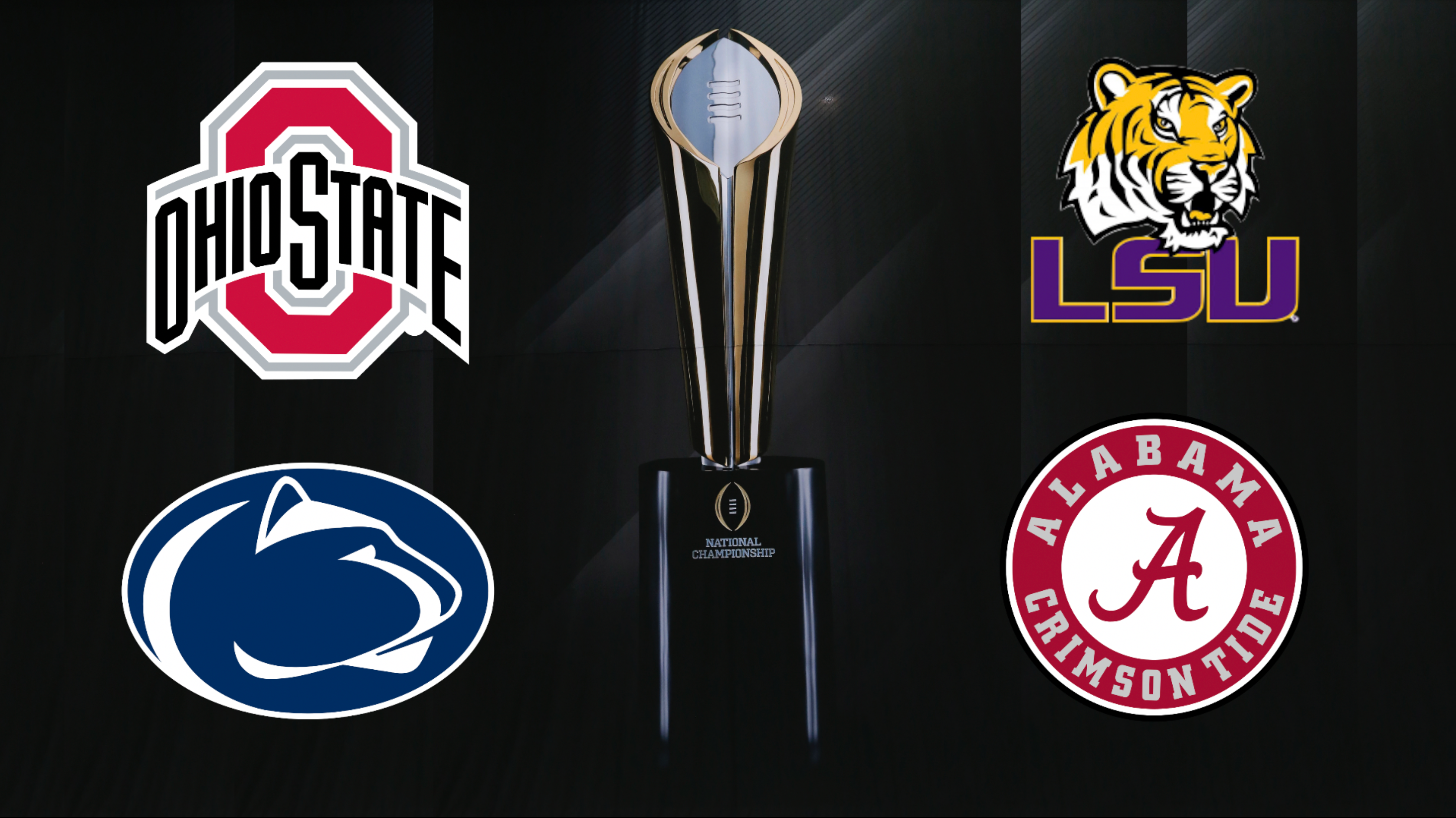Opinion: Baylor coach Matt Rhule has helped football program clean up toxic culture

Exactly four years ago, the nation’s premier college football matchup took place under a cloud of uncertainty and defiance when Baylor’s unbeaten team hosted Oklahoma.
For a lot of people across the country, the game was secondary. In August that year, details began to emerge about the widespread sexual assault scandal that would later consume the university. At the same time, questions about whether coach Art Briles and his staff enabled a culture of violent behavior in the football program started to gain momentum, creating an uncomfortable dynamic with many fans who refused to believe he had done anything wrong.
Not many outside the Baylor community shed a tear when the Bears lost that night 44-34, ultimately fading into irrelevance by the end of the season. And from a football standpoint, that’s pretty much where the Bears have remained — until now.
For people who are immersed in college football, Baylor’s return to the national spotlight Saturday — once again unbeaten, playing at home versus Oklahoma — seems like a feel-good story.
Some of that is related to Matt Rhule, the coach who cleaned up the toxic culture left by Briles and spent much of his first two years trying to fix the program’s public image. And while nobody will forget how badly the university failed young women who were raped and assaulted, Baylor has basically done what it needed to do with a new administration, new athletics personnel and a legitimate Title IX reporting structure.
But for a lot of people watching Saturday night, it will be difficult to get past the name Baylor. And perhaps that’s fair. Even though the school has seemingly taken the right steps since 2016, maybe it’s too soon to look at this merely as the story of an ascendant football team.
For Brenda Tracy, an advocate for sexual assault prevention who was the victim of a 1998 gang rape involving Oregon State football players, it’s OK to celebrate the achievements of Baylor football and the current players who had nothing to do with the atrocities committed by others.
But what this moment can’t do, she said, is allow the school to become so intoxicated with winning again that it takes the focus off problems Baylor needs to be vigilant about every day.
“I see some people act like winning is the road to redemption, and that’s not what that is,” she said. “Winning and losing doesn’t matter. There’s still an issue on every campus across this country, and Baylor had one of the worst issues from a systemic point of view.
“It’s fine to celebrate the wins and all that, but we just have to make sure it’s in perspective that winning isn’t the most important thing, because that's what happened before and bad decisions were made.”
Tracy, who spent time working with the Baylor football team in 2016 after Briles was fired but hasn’t been back since, said she’s heard good things about Rhule and the way he runs his program. She’s more skeptical of Baylor at large.
“When survivors write stuff and tell me things have changed there, they were treated fairly and Baylor is doing a (good) job, that’s when I’ll believe Baylor is doing a good job,” she said.
At the same time, though, it seems irrational to ascribe any of that to this particular team. Baylor has had some minor disciplinary issues under Rhule, like most other programs have, but what he’s proved is that you don’t need to recruit a bunch of bad guys to win at Baylor.
Though it’s never been proved that Briles directly helped cover up any sexual assault accusations, he was definitely guilty of taking too many chances on players who had problematic behavioral issues that were known on the front end and building a disciplinary system around them that kept problems in-house. From lax enforcement of drug testing to working to keep things away from police, Briles built a rotten culture and tried to manage it until it ultimately consumed him.
From all indications, Rhule is going about things a different way. He knows where he is and what came before him and that Baylor can’t afford to go backward. He's addressed everything head-on from Day 1.
In a sport where, admittedly, nobody should invest too much emotion in separating the good guys from the bad, he seems to be building a program worth rooting for. And if that’s what you want to do Saturday, go ahead. Everything Baylor football has done the past few years to clean itself up earned that benefit of the doubt.
At the same time, the damage from what occurred is still felt deeply by many women. And Baylor’s initial defiance and impulse to protect those who failed was so disgraceful, some people might justifiably feel like the school hasn't paid a big enough price.
Separating that anger from the current football product isn’t easy, but with Baylor back in the national picture, we should all encourage the school to continue confronting its past head-on.
“Just firing a few people doesn’t change a culture, it just removes them from the culture,” Tracy said. “It’s really about, ‘What is Baylor doing to create a culture where survivors are empowered to come forward and report?' There’s still an ongoing conversation among some people about Art Briles being a scapegoat, and that doesn’t necessarily help me think things have changed there. So for me, there’s still this dark cloud that hovers over Baylor. I know everyone kind of wants to move on, but how do you know it’s not going to happen again?”
Follow Paste BN Sports columnist Dan Wolken on Twitter @DanWolken